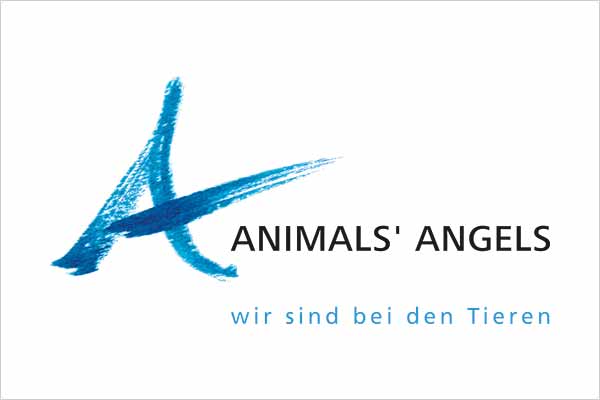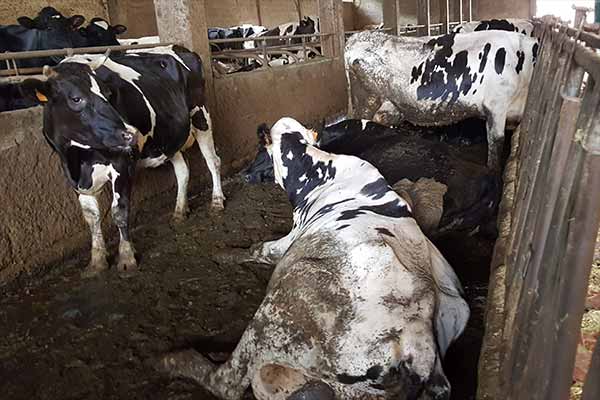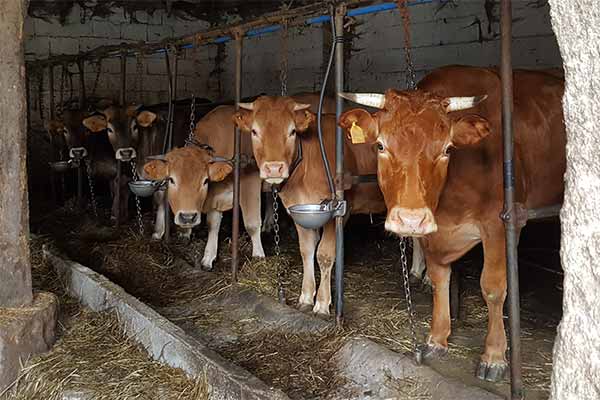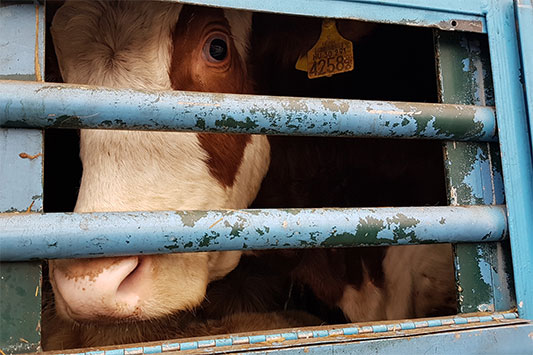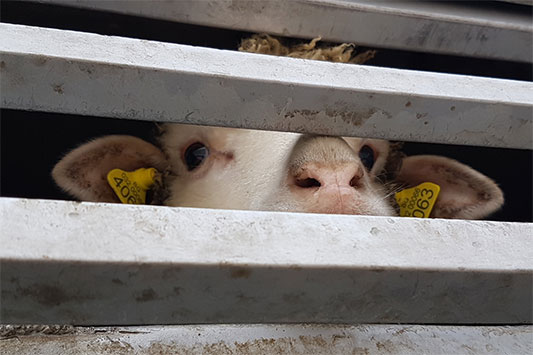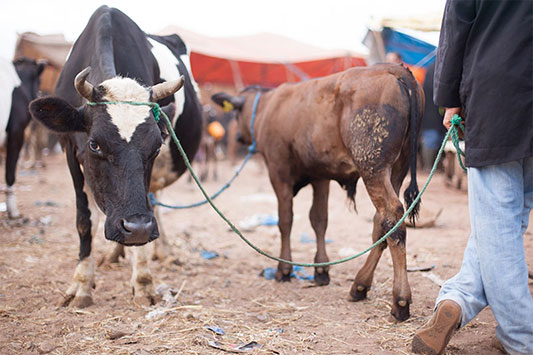Milk Industry – Let's Talk About Cows
Milk. Almost everyone drinks it. It is everywhere: on supermarket shelves, in advertising, in talks between politicians and now also on the stock exchange. But where it comes from and what a high price the cows pay – hardly anyone talks about it. That must change.
What are the Animals Suffering From?
Throughout the world, the so-called 'dairy' cows share the same fate: to give milk, they give birth to a calf every year. The calf is separated from the mother and the cow is milked two to three times a day. We find this milk in the fridge, sometimes at ridiculously low prices.
To produce as much milk as possible, cows are bred accordingly. This has sometimes catastrophic effects on their health. In Germany and Europe, there is not even a specific law in place that defines how cows are to be kept. On too many farms, the conditions in which the animals are kept are totally inadequate. For example, only 41.8 % of dairy cows in Germany are put out on pasture. In Bavaria, it is even less than 16 %. Even outdated tie stalls are still not explicitly forbidden and practised with impunity, especially in southern Germany and Austria.
What Animals' Angels Does Against it
Since 2009, Animals' Angels has been campaigning for 'dairy' cows. Our approach varies from country to country and from problem to problem.
- We are in dialogue with veterinary authorities, e. g. in Galicia, Spain, where we are very concerned about the emaciated cows we see on animal markets and at dairy farms.
- With our project 'The dignity of cows', we are campaigning in Germany for an explicit ban on tethering of adult cattle.
- In the case of drastic violations of the Animal Welfare Act, we file criminal charges, such as transports of 'downer' cows.
- We inform consumers in all age groups, also with poster campaigns and other actions.
The topic is complex, and our goals are correspondingly widely diversified. We draw the attention of authorities, politicians, consumers and farmers to the sad existence of 'dairy' cows and advocate urgently needed changes.
![[Translate to englisch:] Sophie Greger [Translate to englisch:] Sophie Greger](https://www.animals-angels.de/fileadmin/_processed_/2/f/csm_SG_81d13d7130.jpg)
Project Leader:
Sophie Greger








